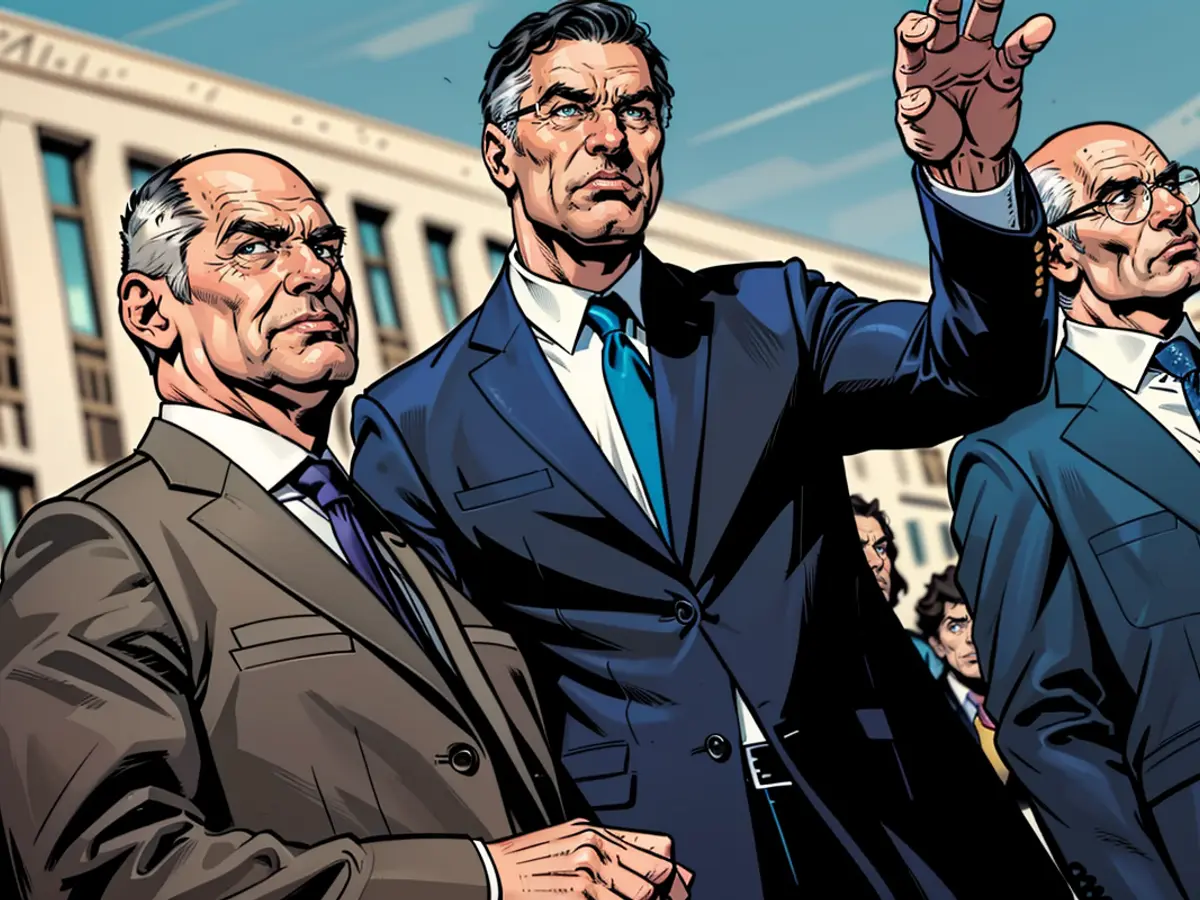Resources - EU and Serbia forge Lithium pact
In the presence of German Chancellor Olaf Scholz (SPD), the European Union and Serbia have concluded an agreement worth several billions of Euros on the extraction of a Lithium deposit. The signing ceremony in Belgrade on Friday was also attended by Serbian President Aleksandar Vucic and EU Commission Vice-President Maros Sefcovic. The declaration of intent aims to enable environmentally friendly funding for the production of batteries for electric cars of the valuable metal lithium in the Serbian Jadar Valley. There are some of the largest European reserves of this extremely scarce and sought-after raw material.
For both sides, this raw material agreement means a lot. The Serbian government aims to build a value chain for electromobility from the extraction of the raw material to battery manufacturing. This means state revenues, investments, and jobs, but also closer ties to the EU for EU membership candidate Serbia.
Germany and the EU want to reduce their dependence on China with the project. The second largest world economy controls a large part of the global extraction and processing of lithium. China had also shown interest in the lithium extraction in Serbia, as President Xi Jinping was in Belgrade in May. That one has managed to secure the project as Europeans is celebrated as a major success from the German side, which could also have repercussions for other raw material projects.
However, the project is highly controversial. Environmentalists criticize, among other things, that lithium mining contaminates groundwater with heavy metals and therefore poses a threat to the drinking water supply of the local population. There are also legal concerns. The Serbian government had only recently cleared the way for the project. It referred to a judgment of the Constitutional Court, which had repealed a stop to the lithium project in 2022. The independence of the court is being questioned by the project's critics.
- The SDP, being a part of the German federal government led by Olaf Scholz, supports this agreement between the European Union and Serbia for the extraction of Lithium.
- The raw material agreement between Serbia and the EU, in the presence of Raw material stakeholders, focuses on the production of batteries for electric cars using Lithium from the Jadar Valley in Serbia.
- The European Commission, headed by Maros Sefcovic, is closely involved in this project, aiming to reduce Europe's reliance on China for Lithium extraction and processing.
- Despite the controversy surrounding the project in Serbia, particularly the environmental concerns and questions about the independence of the Constitutional Court, it is seen as a significant success for Germany, as it secures the project for the EU, potentially impacting other raw material projects.
- Serbia, as an EU membership candidate, views this raw material agreement as a chance to strengthen its ties with the EU, while also building a value chain for electromobility, generating state revenues, investments, and jobs.
- China, with its control over a large part of the global Lithium extraction and processing, had shown interest in the project in Serbia, but the successful securing of the project by Europeans is celebrated as a notable achievement by Germany.








